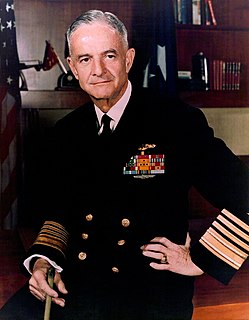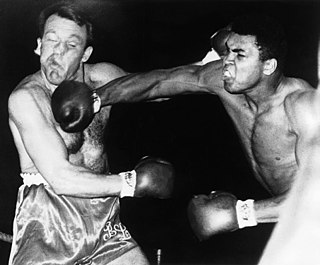A Quote by Nicholas Rodger
It is not surprising that only one medieval state, Venice, long possessed anything clearly identifiavble as a navy in this sense. We shall see that no state in the British Isles attained attained this level of sophistication before the 16th century, and no history of the Royal Navy, in any exact sense of the words, could legitimately begin much before then. This book, which does, is not an institutional history of the Royal Navy, but a history of naval warfare as an aspect of national history. All and any methods of fighting at sea, or using the sea for warlike purposes, are its concern.
Quote Topics
Any
Anything
Aspect
Attained
Before
Begin
Book
British
Century
Clearly
Concern
Could
Does
Exact
Fighting
History
Institutional
Level
Long
Medieval
Methods
Much
National
Naval
Naval Warfare
Navy
Only
Possessed
Purposes
Royal
Royal Navy
Sea
See
Sense
Shall
Sophistication
State
Surprising
Then
Using
Venice
Warfare
Which
Words
Related Quotes
'A Naval History of Britain' which begins in the 7th century has to explain what it means by Britain. My meaning is simply the British Isles as a whole, but not any particular nation or state or our own day... 'Britain' is not a perfect word for this purpose, but 'Britain and Ireland' would be both cumbersome and misleading, implying an equality of treatment which is not possible. Ireland and the Irish figure often in this book, but Irish naval history, in the sense of the history of Irish fleets, is largely a history of what might have been rather than what actually happened.
Whether in peaceful trade or warlike attack, the sea unites more than it divides. Even if it were possible to treat England, or the British Isles, as a single, homogenous, united nation, it would still be impossible to write its naval history without reference to the histories of the other nations, near and far, with which the sea has connected it.
The common sense of the word (navy) as we use it today refers to a permanent fighting service made up of ships designed for war, manned by professionals and supported by an adminsistrative and technical infrastructure. A navy in this sense is only one possible method of making war at sea, and by some way the most difficult and the most recent. There have in the past been, and to some extent still are, many other ways of generating sea power.
Growing up in the shadow of Johnson Space Center and moving to Texas to welcome our last moon mission home, I wanted to be an astronaut. Combined with my love for Navy history and World War II flight ops, and unsatisfying degrees in college and law school, I joined the Navy and became a naval aviator.
One of the most dangerous errors is that civilization is automatically bound to increase and spread. The lesson of history is the opposite; civilization is a rarity, attained with difficulty and easily lost. The normal state of humanity is barbarism, just as the normal surface of the planet is salt water. Land looms large in our imagination and civilization in history books, only because sea and savagery are to us less interesting.
History is a living horse laughing at a wooden horse. History is a wind blowing where it listeth. History is no sure thing to bet on. History is a box of tricks with a lost key. History is a labyrinth of doors with sliding panels, a book of ciphers with the code in a cave of the Saragossa sea. History says, if it pleases, Excuse me, I beg your pardon, it will never happen again if I can help it.
'London' is a gallery of sensation of impressions. It is a history of London in a thematic rather than a chronological sense with chapters of the history of smells, the history of silence, and the history of light. I have described the book as a labyrinth, and in that sense in complements my description of London itself.
London' is a gallery of sensation of impressions. It is a history of London in a thematic rather than a chronological sense with chapters of the history of smells, the history of silence, and the history of light. I have described the book as a labyrinth, and in that sense in complements my description of London itself.
I got into boxing for two reasons. One was that my father was a boxer. Secondly when I was young, all healthy men in the UK had to do two years "National Service" in one of the armed forces. I chose the Royal Air Force over the Army and Navy. My father's reputation went before me and therefore the RAF encouraged me to box. There is much rivalry in sporting competitions between the Army, Navy and RAF. Competing has great privileges. I didn't need too much encouragement with all these perks being offered, so I started training with a vengeance.
The Battle for the Philippines was the greatest naval battle in history, judged in terms of the number of ships taking part, the number of ships sunk, and the importance of its outcome. It included every form of naval warfare of the 20th century: gunnery duels between battleships; destroyer battles at night and by day, as ferocious and sustained as any at the Battle of Jutland; submarines that stalked the depths; sinking many ships; and finally, carrier warfare on a scale never dreamed of even by the most ardent enthusiasts of air warfare at sea.



























